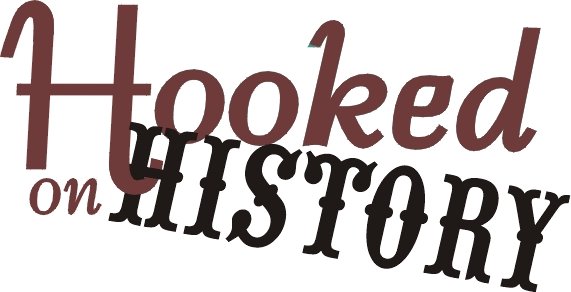One of the most famous cases in our (FBI) 100-year history celebrates an anniversary today: On July 22, 1934, the gangster John Dillinger was killed in Chicago, moments after leaving the Biograph Theater, where, ironically, he had watched a gangster film starring Clark Gable.
|
The day before, Purvis and Special Agent Samuel A. Cowley, who had been appointed by Director J. Edgar Hoover to head the Dillinger investigation, had met with a woman calling herself Anna Sage, a friend of Dillinger’s girlfriend, Polly Hamilton. She was hoping that her cooperation with the authorities would earn her reward money and keep her from being deported to her native Romania. She told Purvis that Dillinger planned to take both her and Hamilton to a Sunday evening movie at the Biograph or the Marbro.
Stakeouts were arranged for both theaters. A hand-written document from our Dillinger file, a diagram of the Biograph, illustrates the placement of some 20 men around the theater and across the street. The diagram shows the letters “A,” “B,” and “C” outside the theater box office, with an “X” next to each letter. A legend identifies the significance of the letters: “Dillinger companion,” “Dillinger,” “informant.”
|
The informant—Anna Sage—called Purvis at 8:30 p.m. that Sunday to say they were going to the Biograph. Two hours later, Dillinger emerged from the theater with his two companions. Purvis, standing nearby, lit a cigar. It was the signal for his men to move in. As they did, Dillinger realized what was happening and reached for his pistol. Agents fired, and Dillinger was hit. He staggered, then fell.
Dillinger’s death signaled the beginning of the end of the Gangster Era, but the nation’s fascination with those times lives on. A new movie about Dillinger, directed by Michael Mann, is scheduled for release next July. The film, Public Enemies, stars Johnny Depp as Dillinger and Christian Bale as Purvis.
Mann, a Chicago native, spared no expense to re-create the Biograph Theater and the look and feel of 1930s-era Chicago for the film. “Getting it visually right requires a lot of dedication,” he explains, thanking us for our “spectacular cooperation” in helping to make the film authentic.
|
On Lincoln Avenue, where the Biograph still stands, the film crew “essentially rented out the entire block,” Rice says. The façade of every building was redone to look exactly as it did on that steamy night when Dillinger went to see Manhattan Melodrama. Attention was paid to every detail, from the streetlights to the trolley tracks right down to replacing the bricks on the street.
Mann says the film also strives for “period-accurate psychology,” to help illuminate inner thoughts and motivations of Purvis and Dillinger. That process included talking with agents while doing research for the film. Their “zeal and passion,” Mann says, helped him understand just how badly Purvis wanted to catch Public Enemy #1.





No comments:
Post a Comment